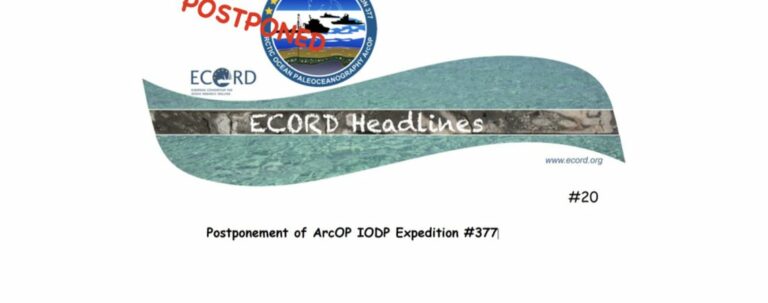Bremen ECORD SUMMER SCHOOL 2022 – Sea level, climate variability and coral reefs
The Topic
Tropical shallow-water coral reefs provide a unique natural archive of past changes in sea level, climate and environmental variability, as well as of the response of coral reef systems to rapid changes in sea level and climate. Massive, annually banded corals document seasonal and interannual to decadal variations in tropical climate by the geochemical and isotopic proxies incorporated into their aragonitic skeletons, as well as reef-scale environmental changes. Fossil corals of drowned and elevated reefs can be absolutely dated by radiometric methods and provide records of past sea-level changes on centennial to millennial timescales, far away from the influence of the large Quaternary ice-sheets. Moreover, fossil reef archives provide information on the response of coral reef systems both geologically and biologically to changes in sea level and climate on these timescales. Taken together, coral reef records provide a framework for evaluating the effects of recent and future climate change on tropical climate variability and coral reef ecosystems.
The School
The 14th Bremen ECORD Summer School will combine lab exercises on IODP-style shipboard methodologies (“shipboard simulation”), as well as interactive lectures by world-leading scientists in the field of exploiting coral records for sea level and climate research. Participation will help to prepare you for involvement in IODP and for research work in this field. The summer school will take advantage of the unique and integrated facilities offered by the IODP Bremen Core Repository and MARUM laboratories.
Application
To apply, please visit the course web page given below. A total of 30 participants can be accepted. The course fee is €150. Travel, accommodation and meals must be covered by the participants. The application deadline is 31 May 2022.
Scholarships
ECORD provides scholarships for students to attend ECORD summer schools. Applications from students of non-ECORD countries are also accepted. The deadline for applications to get an ECORD Scholarship will be announced on the webpage of the summer school

